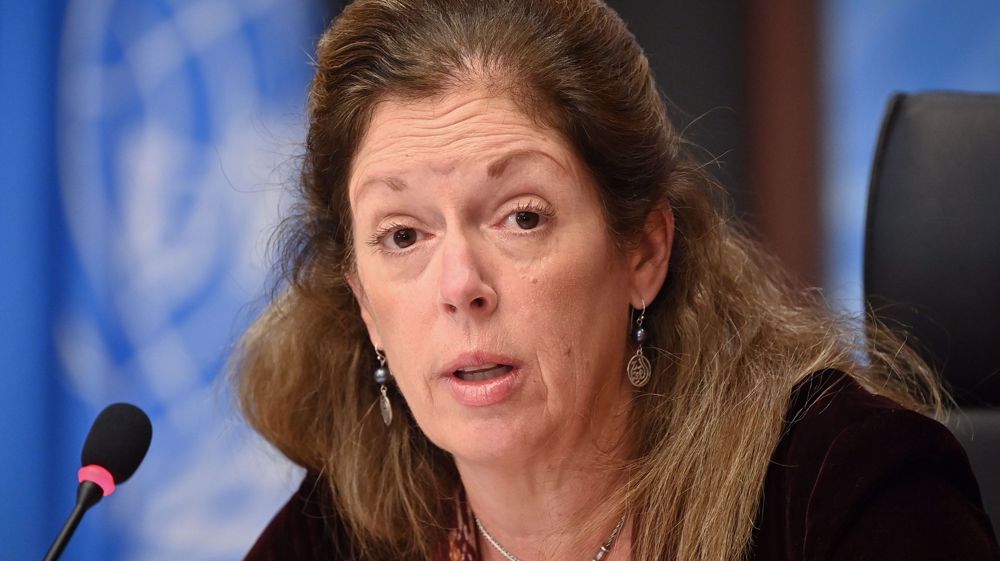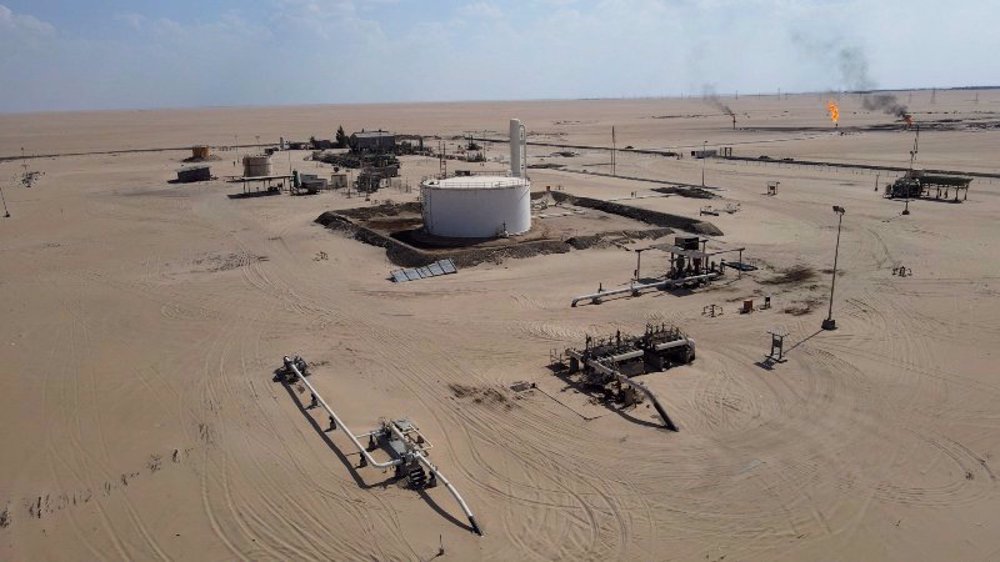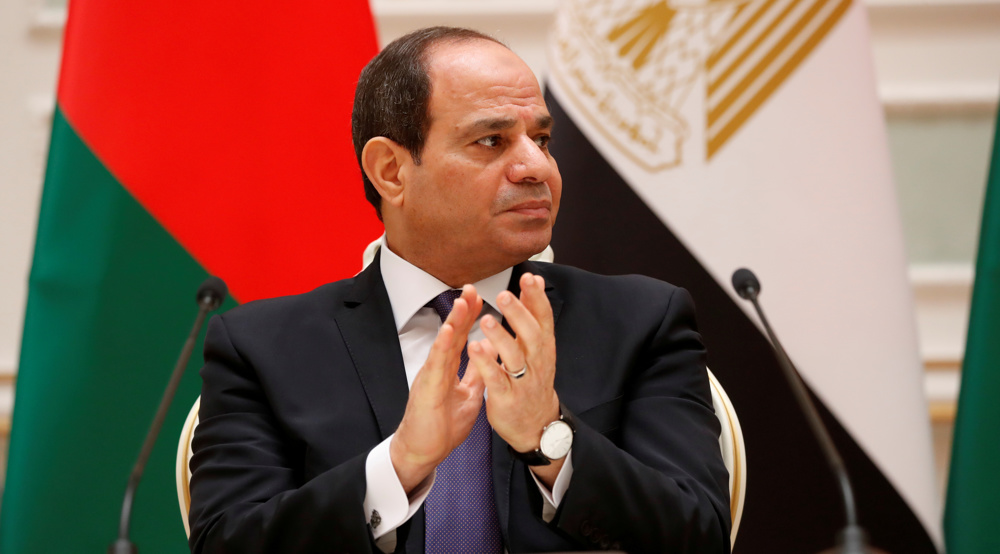UN envoy expresses high hopes for Libya ceasefire
The United Nations (UN)’s acting Libya envoy has expressed optimism that ongoing peace negotiations between the Libyan warring sides would end in a lasting ceasefire, after they announced the reopening of land and air routes..
“I’m quite optimistic… there is an air of seriousness and commitment,” the head of the UN Support Mission in Libya (UNSMIL), Stephanie Williams, told a press conference at the UN headquarters in Geneva on Wednesday.
Williams said the two sides of the conflict, namely the internationally-recognized Government of National Accord (GNA) led by Prime Minister Fayez al-Sarraj in Tripoli and the rebels loyal to another camp in the eastern city of Tobruk, had agreed to reopen land and air routes through their front lines.
Earlier this week, Williams said the two sides had agreed to maintain “the current state of calm on the front lines and avoid any military escalation.”
Williams warned foreign countries involved in the conflict that they “need to take their hands off Libya.”
In regard to oil production resumption by the Libyan National Oil Corporation, Williams said the two sides had agreed to delegate commanders from the government side and that of the rebels to run the Petroleum Facilities Guards (PFG) to “ensure the increase and continuation” of oil flow.
She said they had also agreed to make progress on a prisoner exchange and to resume flights between Tripoli and the eastern city of Benghazi.
Williams said Sarraj’s imminent step-down from power “should help end the long period of transition” and move the country toward a democratically-elected government.
The two rival seats of power emerged in Libya in 2014. The Libyan government is supported by Turkey, and the rebels are backed by the United Arab Emirates (UAE), Egypt, and Jordan.
Libya first plunged into chaos in 2011, when a popular uprising backed by a NATO intervention led to the fleeing and eventual death of long-time military ruler Muammar Gaddafi.
After year-long genocide, Israeli military hires private firms to flatten buildings in Gaza
Malaysia working on resolution to expel Israel from United Nations
Israeli military made no territorial gain in Lebanon: Report
VIDEO | 70 Palestinians killed in Israeli strikes across Gaza Strip
US Election Day: First votes cast in New Hampshire
Nov. 4: ‘Axis of Resistance’ operations against Israeli occupation
Britons demand release of pro-Palestine activists
VIDEO | Israel's unwinnable war in Lebanon


















 This makes it easy to access the Press TV website
This makes it easy to access the Press TV website